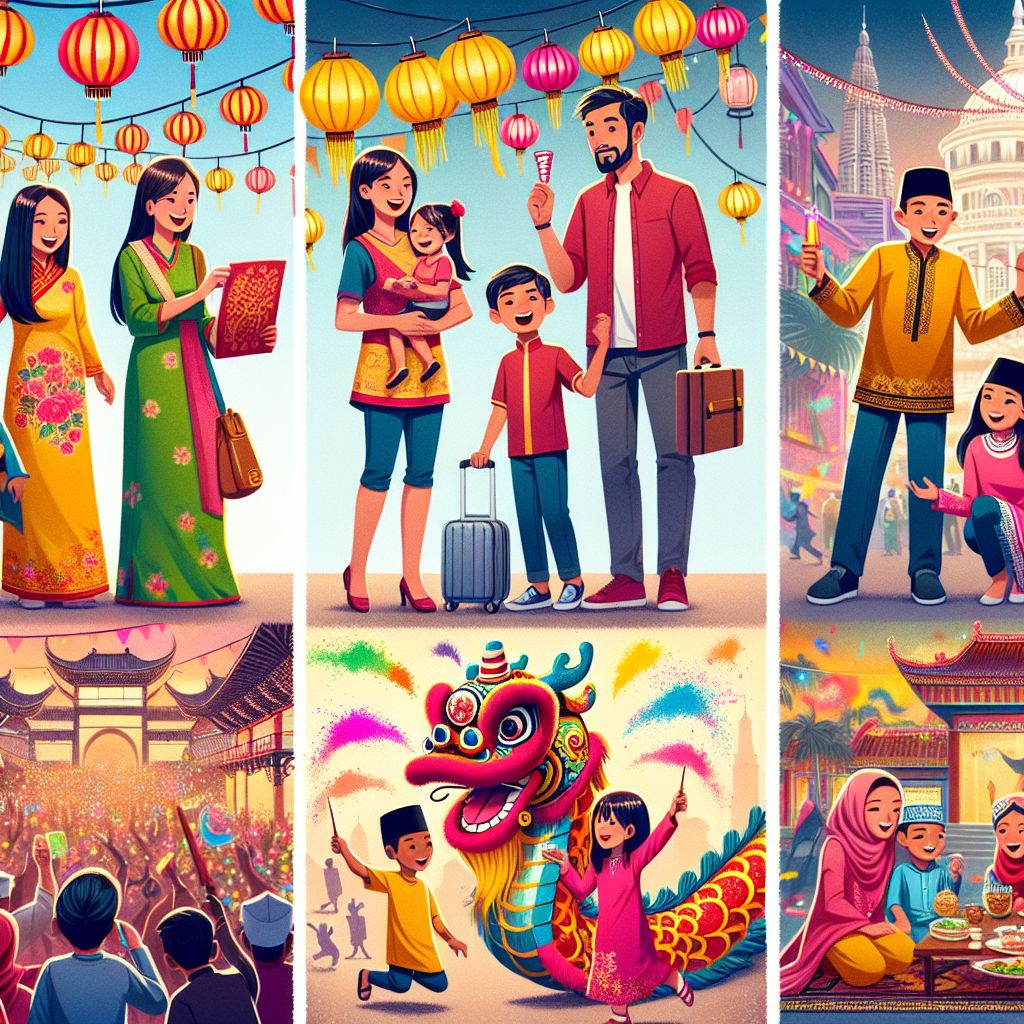
Quick Overview
Take your family on an exciting journey through Asia’s colorful festivals, perfect for family bonding and cultural immersion.
Find fun activities for all ages, from traditional crafts to lively music and dance.
Explore the educational aspects of festivals that make history and folklore come alive.
Appreciate the importance of supporting local communities through socially responsible tourism.
Receive useful advice for planning your trip and ensuring a safe, enjoyable experience for the entire family.
Explore the Magic: Asian Cultural Festivals for Families
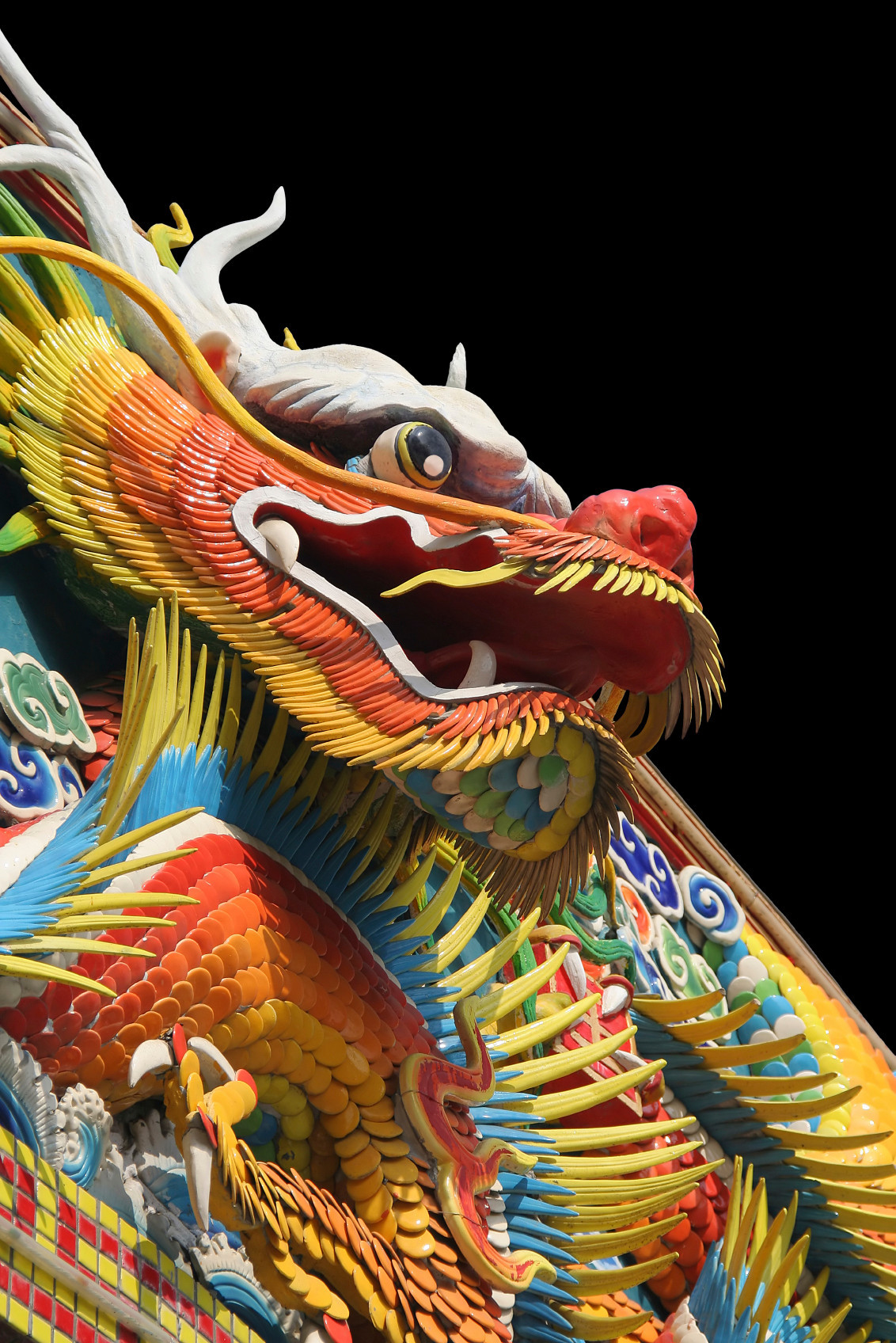
“Asian Cultural Festival | Ocoee, FL | 19391” from www.visitorlando.com and used with no modifications.
Picture the joy and thrill as your family is caught up in a whirlwind of colors, music, and smells at an Asian cultural festival. These events are more than just entertaining; they’re a patchwork of traditions that bring families together, creating memories that will last forever. There’s something enchanting about experiencing a new culture with your loved ones. It’s more than just a day trip—it’s a chance to grow together, learn new things, and see the world from a new perspective.
The Importance of Asian Festivals for Family Bonding
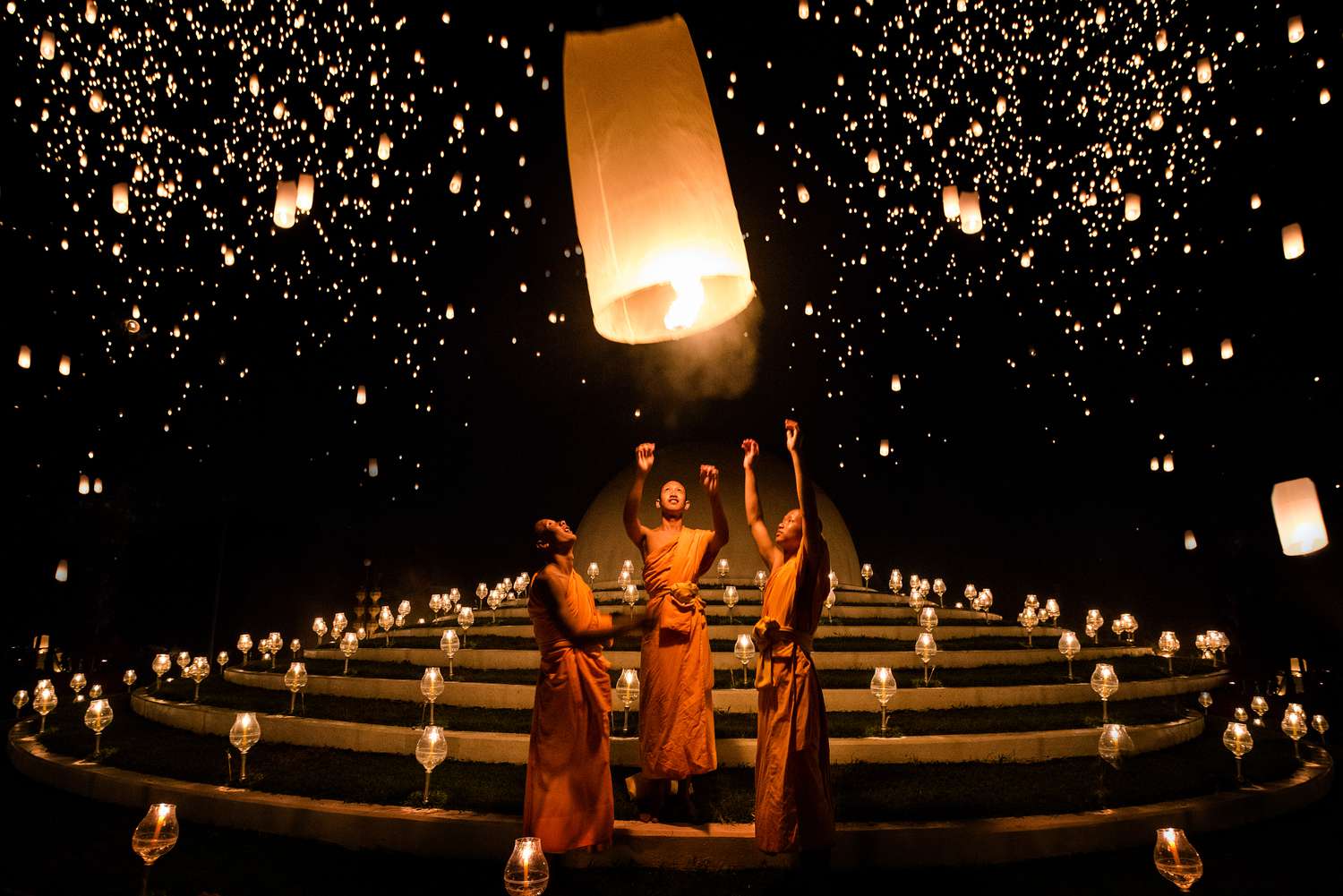
“Fall Festivals in Asia: Holiday and …” from www.tripsavvy.com and used with no modifications.
Why is an Asian festival the perfect destination for your family’s next trip? Aside from being a lot of fun, they’re also culturally rich. These festivals offer a rare mix of learning and entertainment. They allow your family to dive into the traditions, tales, and customs of the various cultures in Asia. Most importantly, they provide an opportunity for family members of all ages to interact and connect with each other and the world around them.
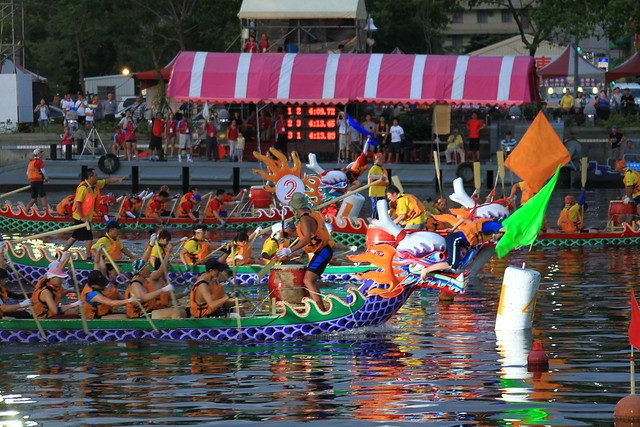
“Drgan Boat Festival A Story| teach kids …” from www.misspandachinese.com and used with no modifications.
Whether it’s the Dragon Boat Festival or Diwali, each celebration offers a glimpse into the core of Asian communities, showcasing their principles, heritage, and sense of community. These festivals also provide an excellent opportunity to educate children about diversity and inclusivity, demonstrating the splendor of various cultures coexisting peacefully.
If you want to add joy and meaning to your family’s life, you should consider the colorful world of Asian cultural festivals.
How to Plan Your Trip: Picking the Perfect Festival

“6 South Asian Festivals You Don’t Want …” from www.indiaodysseytours.com and used with no modifications.
Picking the perfect festival for your family vacation is crucial. You need to choose one that’s not just thrilling, but also suitable for all ages and easy to get to. Keep these factors in mind when making your choice:
Interests: Choose a festival that matches your family’s interests. Do they love martial arts, are they mesmerized by traditional dance, or maybe they’re foodies?
Timing: Check the festival dates and see if they fit with your schedule. Some festivals are one-day events, while others are spread out over several days.
Location: Pick a festival that’s within a reasonable travel distance, or make a trip out of it if it’s further away.
Size and Scale: Bigger festivals might have more to do but could also be more crowded. Smaller festivals might provide a more personal experience.
Once you’ve chosen the festival that’s the best fit for your family, make sure to look at the event program ahead of time. This will help you make the most of your day and not miss any must-see performances or activities.
Memorable Traditions: Engaging Activities for All Ages
Traditional Arts and Crafts: Hands-On Creativity
Asian festivals are filled with creative activities that will enchant both kids and adults. Taking part in traditional arts and crafts is not only enjoyable; it’s a hands-on way to learn about the culture. Picture your children’s joy as they display a lantern they’ve created or a piece of pottery they’ve decorated. It’s these physical connections to the culture that often leave the most enduring impressions.
Music and Dance: The Lifeblood of Culture

“Vibrant East Asian Arts, Culture …” from easy-peasy.ai and used with no modifications.
Music and dance are universal languages that are the lifeblood of any Asian cultural festival. Encourage your family to not only watch the performances, but also participate. There’s no better way to feel a part of a culture than by moving to its rhythms. Dance workshops or interactive music sessions are common at these festivals and can be a fun activity for kids and adults alike.
And who can forget the parades? With their intricate costumes and colorful exhibits, they are a sensory delight and a great chance for a photo.
Foodie Fun: Savoring Asia’s Delicacies
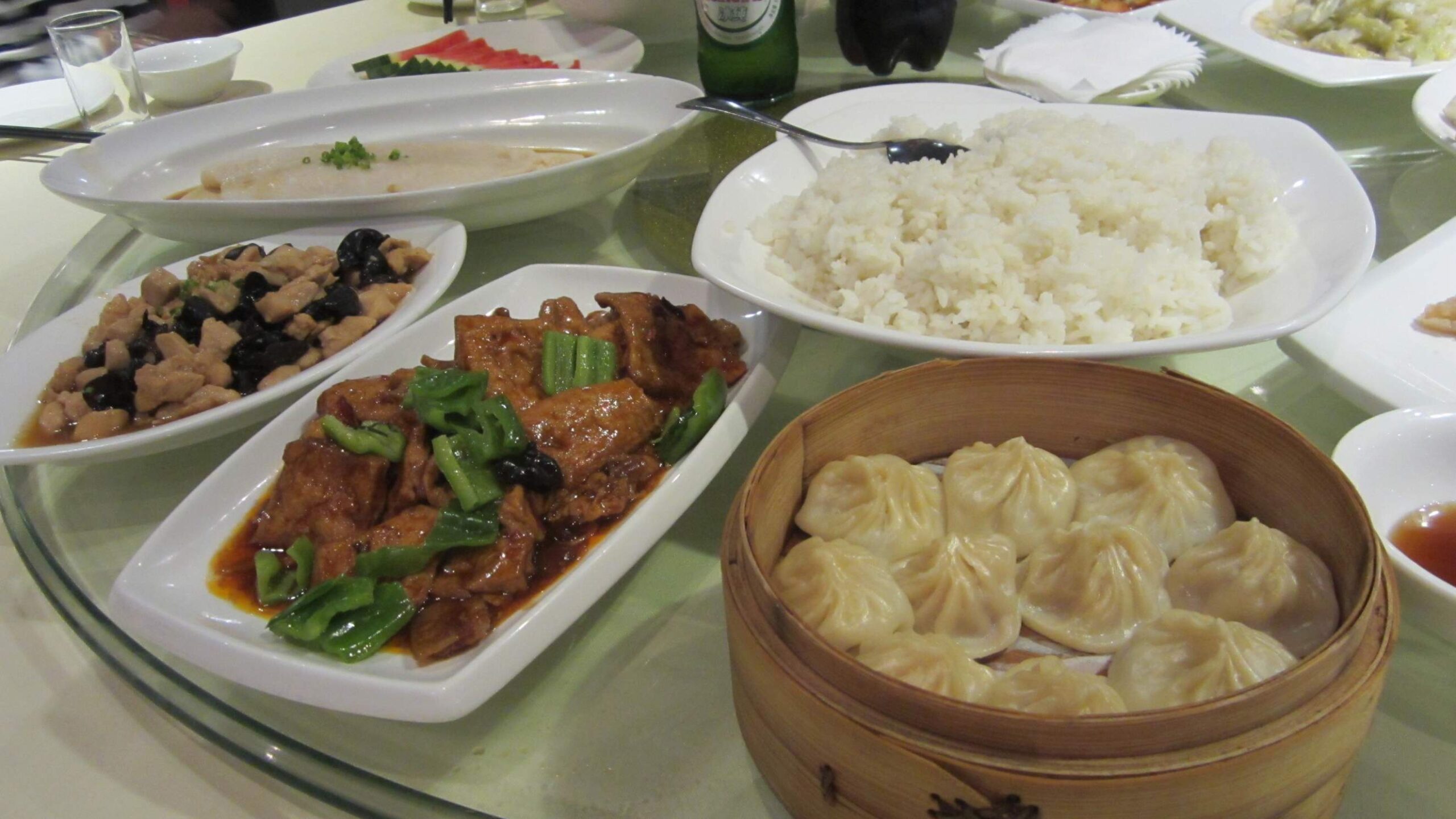
“Food in China” from felixwong.com and used with no modifications.
A cultural experience is never complete without tasting the local food. Asian festivals offer a variety of dishes that might be new to your family’s taste buds. From mouth-watering dumplings to sweet mango sticky rice, the food is an adventure on its own. Encourage your kids to try at least one dish they’ve never tasted before—it’s all part of the experience!
Don’t forget, the secret to a memorable festival experience is to immerse yourself with an open heart and a ready soul. It’s about seizing every opportunity, whether that means learning a new dance, making a traditional kite, or tasting a new dish. These experiences won’t just bring your family together, they’ll also weave a tapestry of memories that you’ll all treasure for years to come.
Education Through Celebration
Storytelling: Bringing Myths and Legends to Life
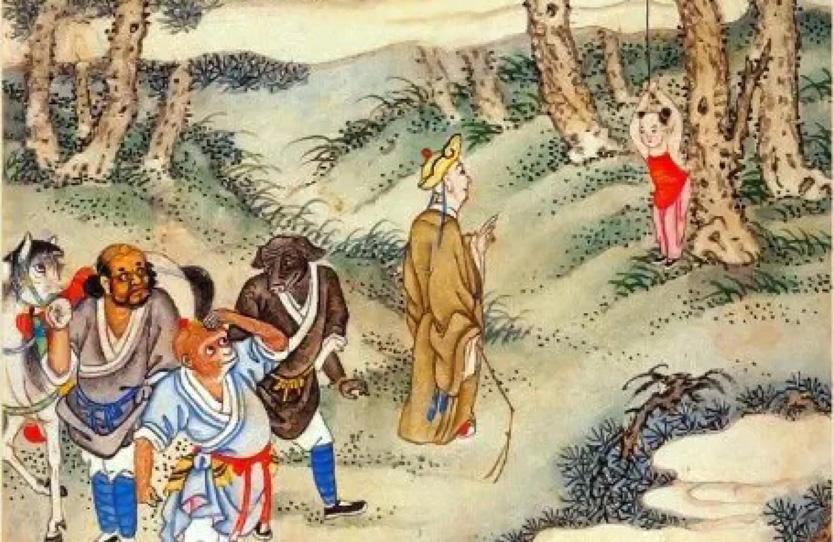
“Chinese Myths and Legends” from www.shenyunperformingarts.org and used with no modifications.
Storytelling is an effective tool for passing traditions and values from one generation to the next. At Asian cultural festivals, storytelling sessions animate ancient myths and legends, capturing the imagination of children and adults alike. These stories, replete with heroes, moral lessons, and mythical creatures, are more than just entertaining—they’re a mirror of the culture’s beliefs and history.
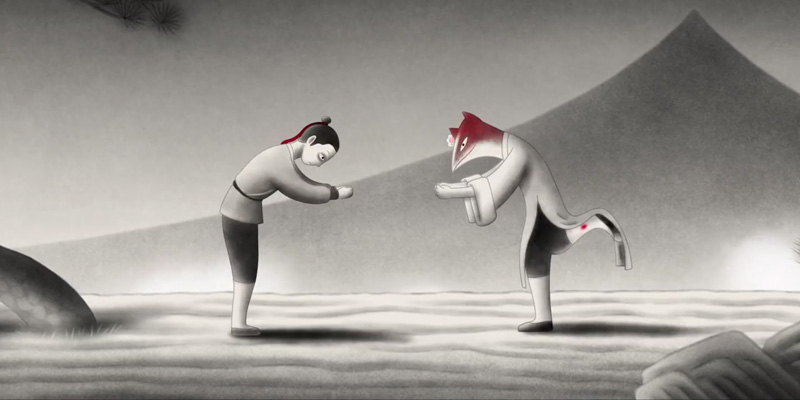
“Chinese animation – The China …” from thechinaproject.com and used with no modifications.
When your family comes together to listen, they’re not just hearing tales; they’re becoming a part of the vibrant Asian culture. It’s a learning journey that feels more like an adventure, and it’s one that will leave a lasting impression on your children long after the festival is over.
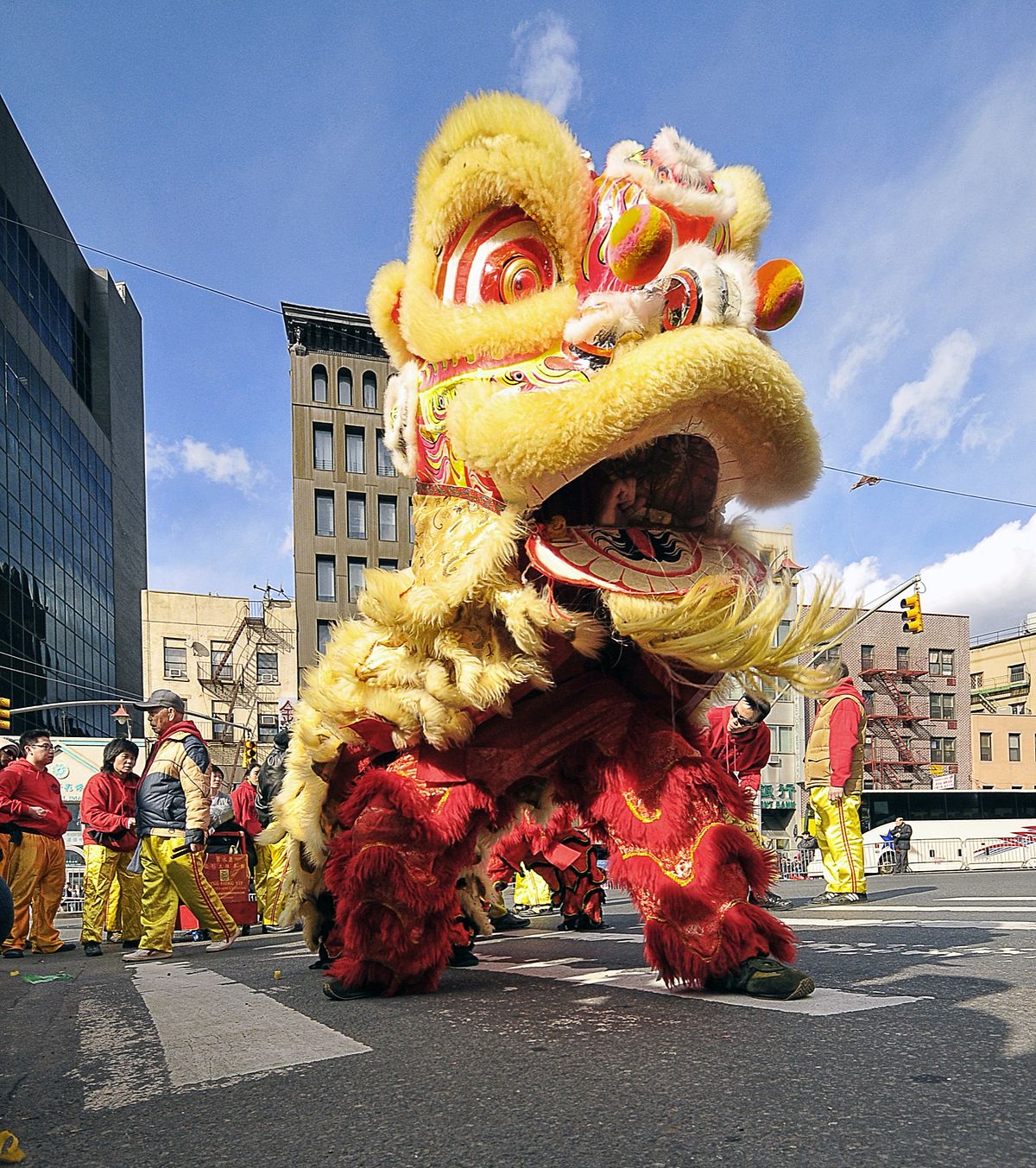
“Lion dance – Wikipedia” from en.wikipedia.org and used with no modifications.
Language Workshops: Communicating in the Local Language
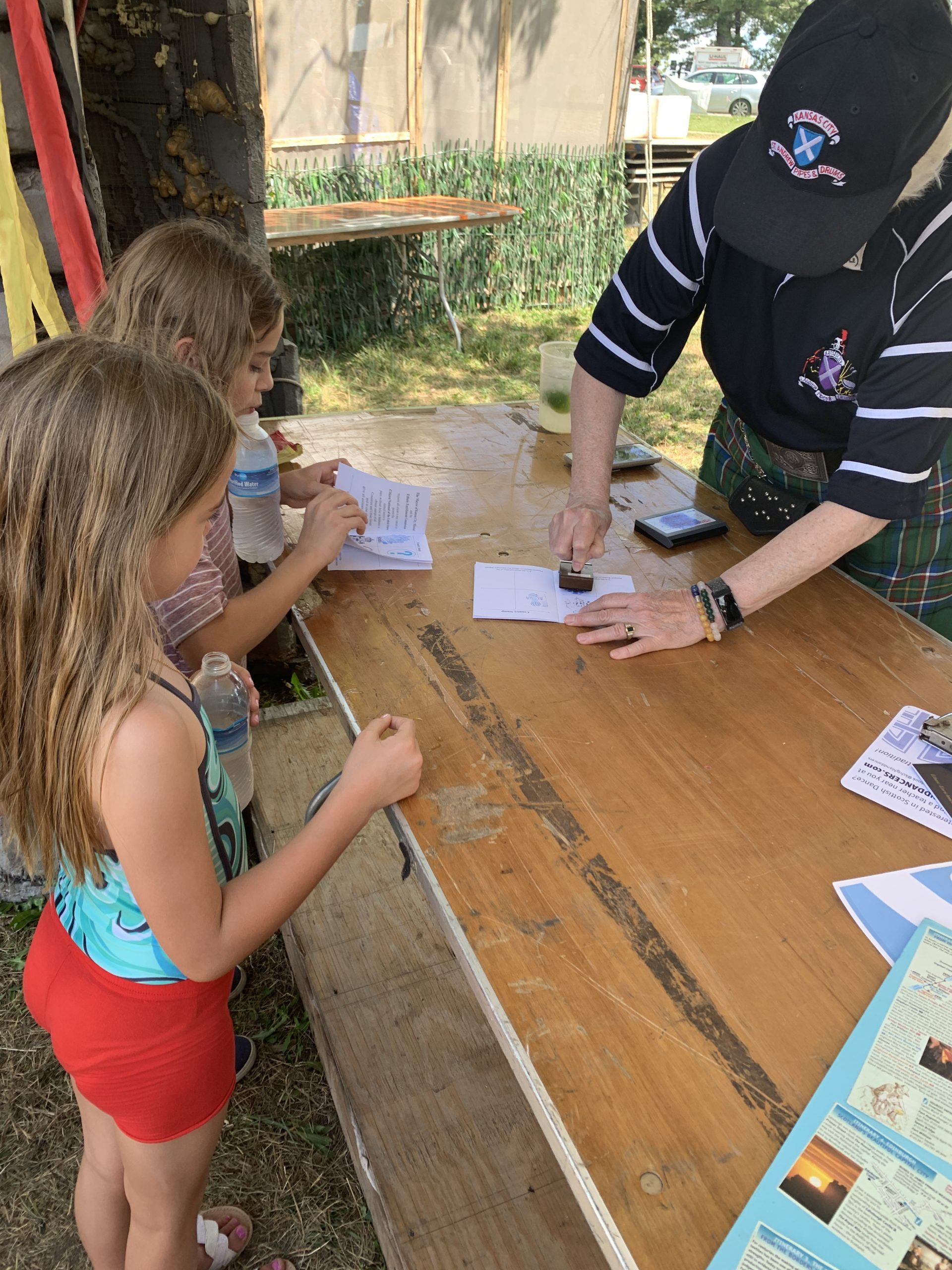
“Visiting Cultural Festivals to Teach …” from multiculturalkidblogs.com and used with no modifications.
Language is the heart of a culture, and there’s no better way to understand a culture than by learning a few words and phrases. Many family-friendly cultural festivals have language workshops or booths where you can learn the basics. It’s a fun challenge for the family to try to communicate, even in a simple way, using the local language. Plus, it’s a sign of respect for the culture you’re visiting and a great ice-breaker when interacting with locals.
Picture your child saying ‘hello’ or ‘thank you’ in Thai, Japanese, or Hindi. It’s a simple act, but it can lead to a universe of connection and comprehension.
Responsible Tourism: How to Support Local Communities
Choose local vendors for food and souvenirs to ensure your spending supports the community directly.
Participate in workshops or tours run by local artisans or guides.
Respect the cultural norms and traditions, dressing appropriately and behaving respectfully.
When you visit a festival, you’re not just a spectator; you’re a participant in the local economy and culture. It’s essential to make choices that positively impact the communities you’re visiting. This means being mindful of where you spend your money and how you interact with the local environment and its people.
By participating in these community events and supporting the local economy, you are aiding in the preservation of the cultural traditions that make these festivals unique. Plus, you’re teaching your kids the value of being responsible members of the global community.
Conscious Spending: The Impact of Your Purchases
Each item you buy at a festival can have a positive impact on the local community. Choose unique, handmade crafts over mass-produced trinkets. They not only hold more value, but they also support the craftsmen who have spent generations perfecting their skills. When it comes to food, try to find stalls run by local families or cooperatives. This allows you to experience the authentic tastes of the area while supporting local businesses.
Visiting Local Communities: A Chance to Learn and Interact with the Locals
Many of the festivals provide an opportunity for you and your family to visit the local communities or even stay with them. This will give you a firsthand experience of their day-to-day life. You will get to know about their daily routines, their family setup, and the values of their community. This can be a very enlightening experience that can help you develop a deep sense of understanding and appreciation for different ways of life.
These encounters also provide an opportunity for locals to learn about you and your culture, fostering a two-way exchange that is the essence of authentic cultural immersion.
Top Festivals for Family-friendly Enjoyment
Now that you have an idea of what to expect and how to take part in a responsible manner, let’s discuss some of the top festivals for families. Each of these festivals provides a distinct view of Asian culture and guarantees a day—or several—of happiness, education, and memorable experiences.
Dragon Boat Festival: A Day of Fun and Excitement
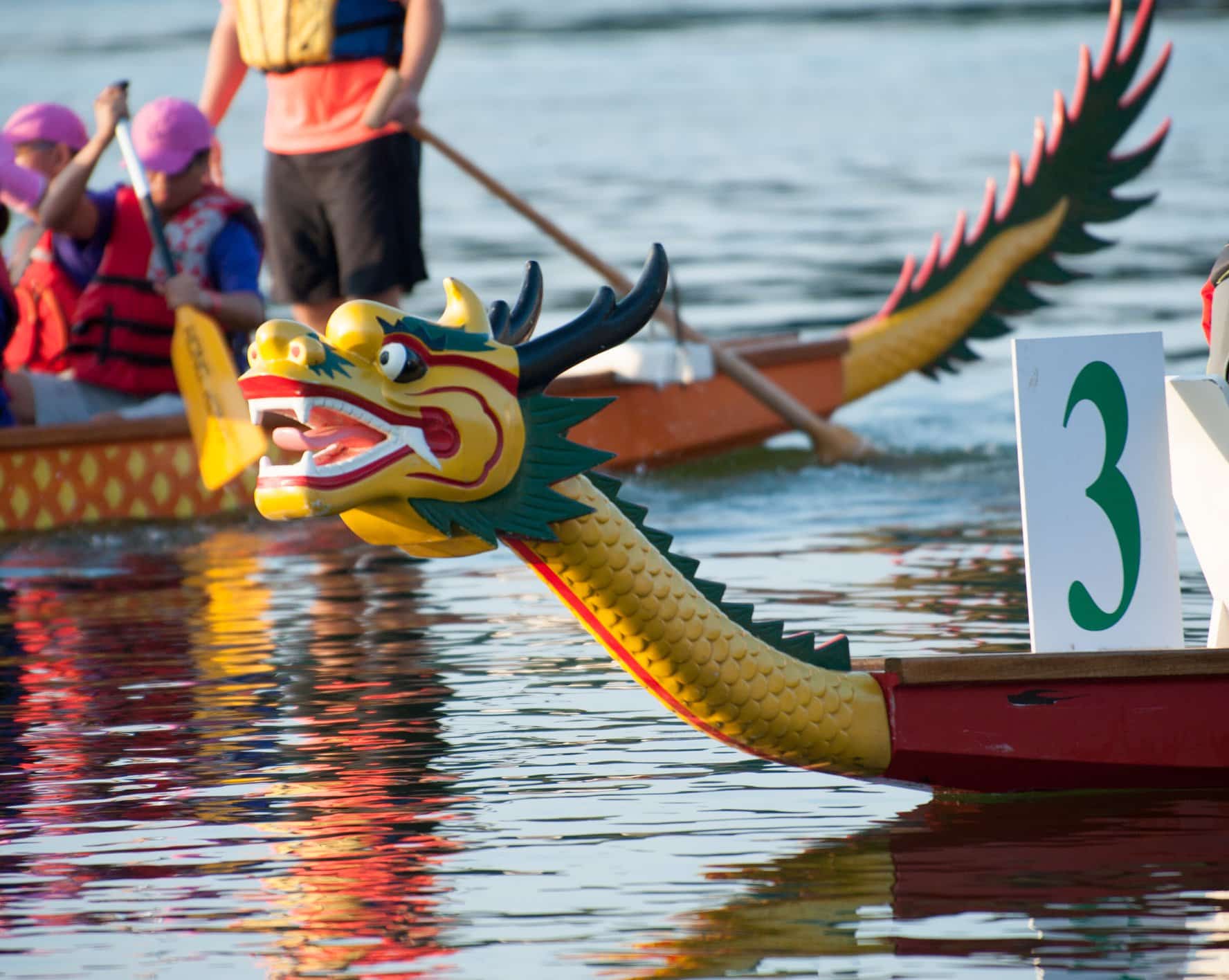
“Hong Kong Dragon Boat Festival …” from www.exploregainesville.org and used with no modifications.

“the Dragon Boat Festival …” from www.smithsonianmag.com and used with no modifications.
Originally from China, the Dragon Boat Festival is now a popular event in many parts of Asia and across the globe. It combines exciting boat races with cultural activities such as making zongzi (sticky rice dumplings) and wearing protective amulets. The festival commemorates the ancient poet Qu Yuan and provides a great opportunity for families to experience teamwork, competition, and cultural pride.
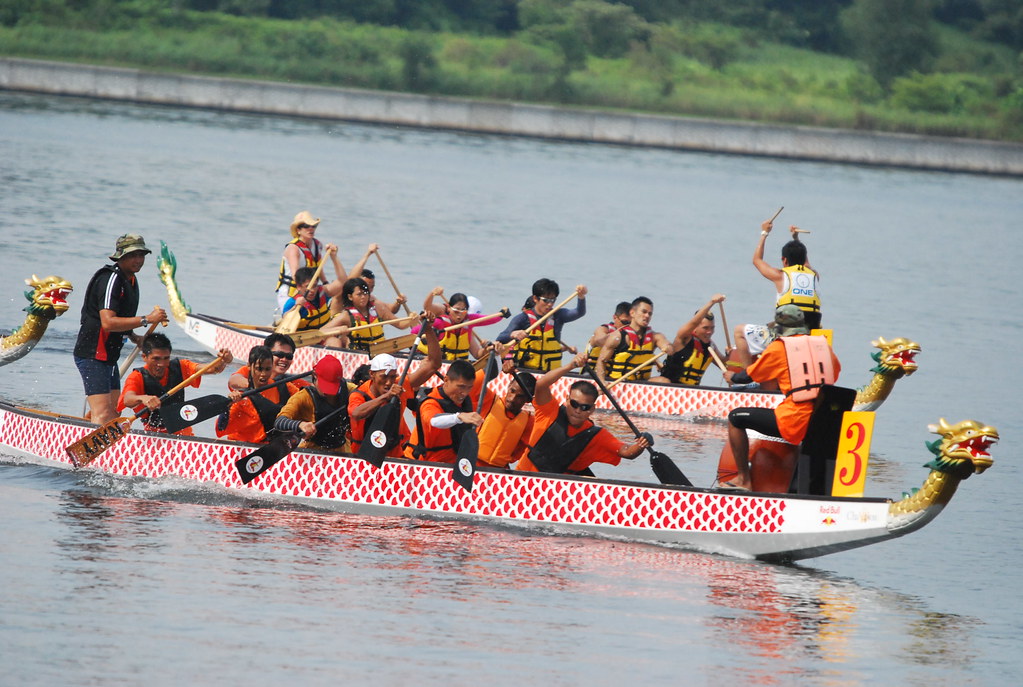
“国际龙舟赛International Dragon Boat …” from www.flickr.com and used with no modifications.
\
For instance, at the Dragon Boat Festival, families can root for their favorite teams, learn about the story of Qu Yuan, and even get involved in crafting their own miniature dragon boats.
The thrill of the races, along with the cultural wealth of the surrounding activities, makes the Dragon Boat Festival an essential event for families wanting to immerse themselves in Asian traditions.
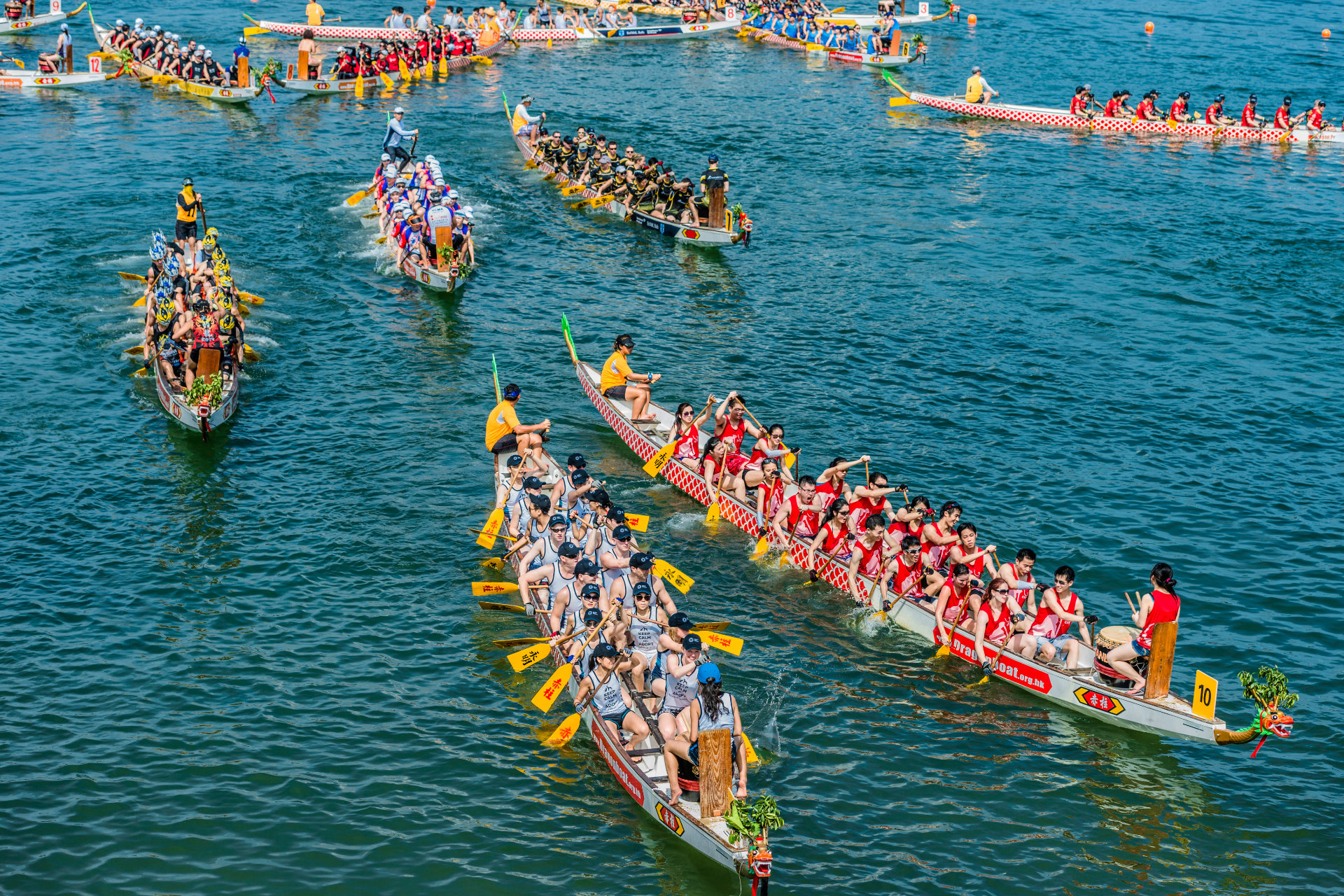
“Celebrate Dragon Boat Festival” from godofwealth.co and used with no modifications.
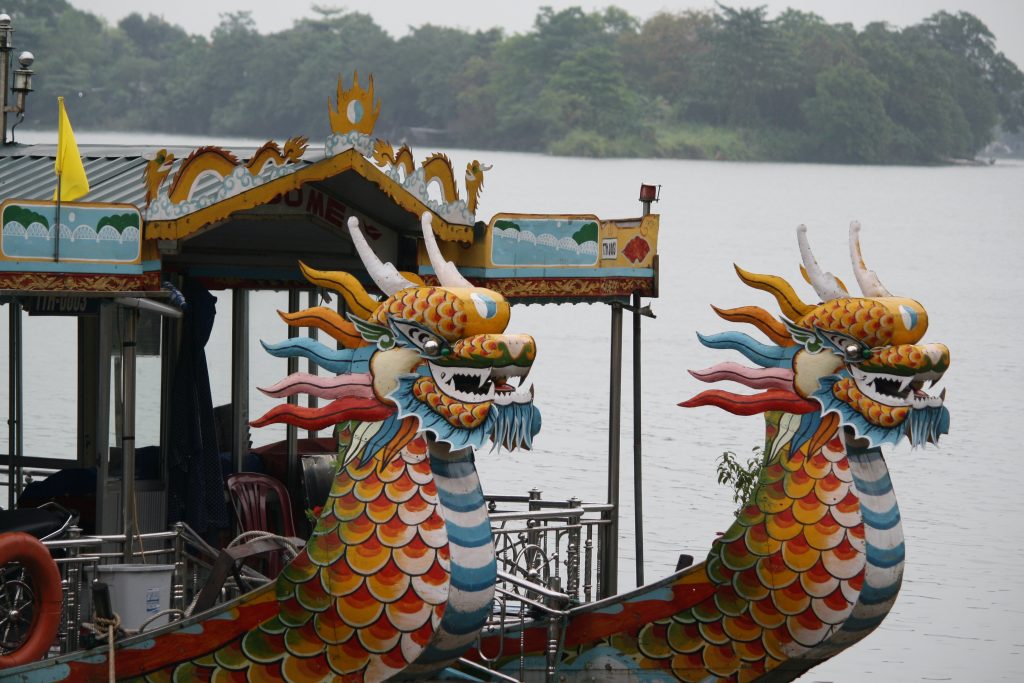
“Dragon Boat Festival guide: Everything …” from www.bookaway.com and used with no modifications.
Holi Festival: A Colorful and Joyful Celebration
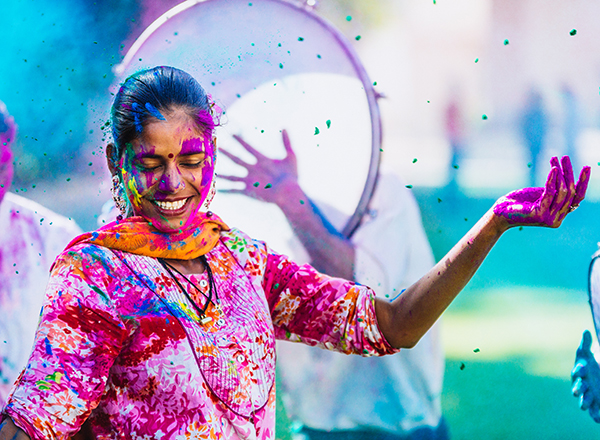
“Holi, the Hindu Festival of Colors …” from www.hfcc.edu and used with no modifications.
The Holi Festival, also referred to as the Festival of Colors, is a lively celebration that marks the arrival of spring, the blossoming of love, and the triumph of good over evil. This festival, which originated in India, is now celebrated in many different countries around the globe. During this festival, families and friends gather to throw colored powders and water at each other, dance to the rhythm of the music, and indulge in delicious sweets. The Holi Festival is a time of happiness and unity, where societal norms and barriers are broken down and everyone comes together to celebrate.

“Utah Holi Festival of Colors: The Hindu …” from www.sltrib.com and used with no modifications.
Joining in the Holi festivities is not just about having a good time; it’s a deep lesson in equality and unity. It’s a day when the normal social norms are put on hold, and everyone is allowed to let their hair down and enjoy the simple pleasures in life.
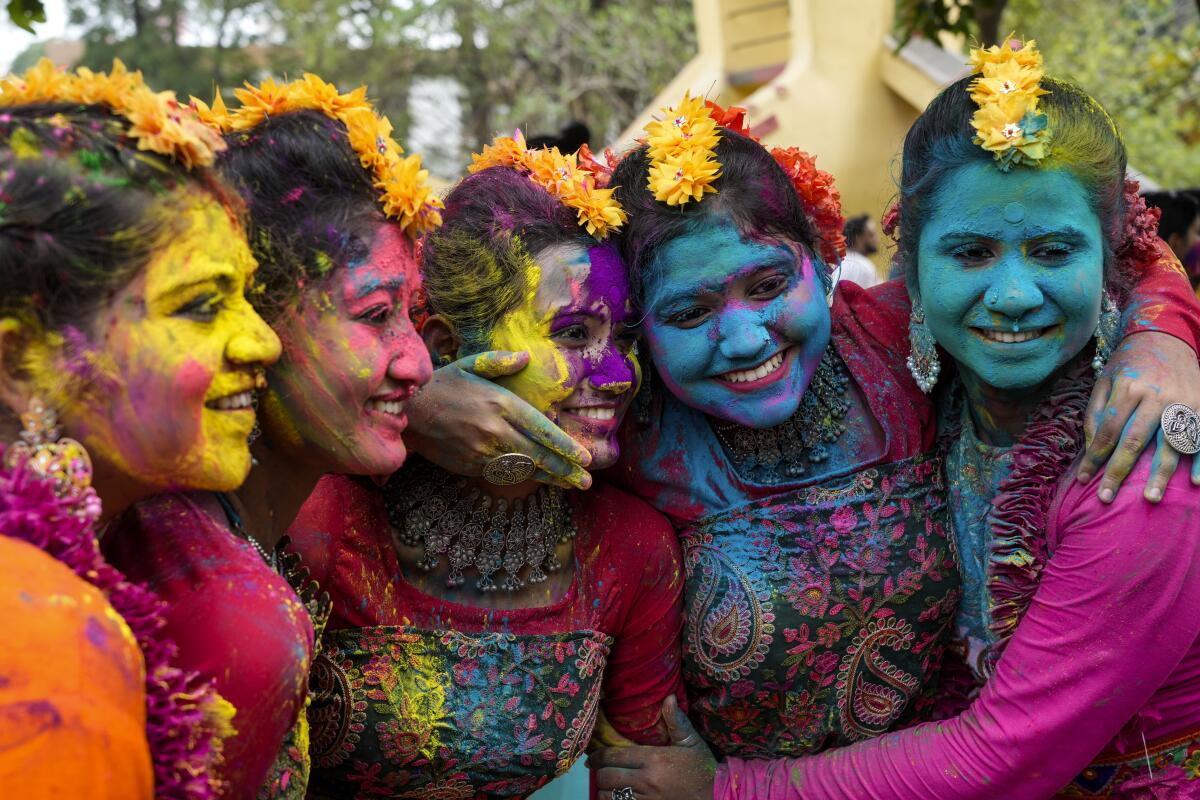
“AP PHOTOS: India celebrates Holi, the …” from www.sandiegouniontribune.com and used with no modifications.
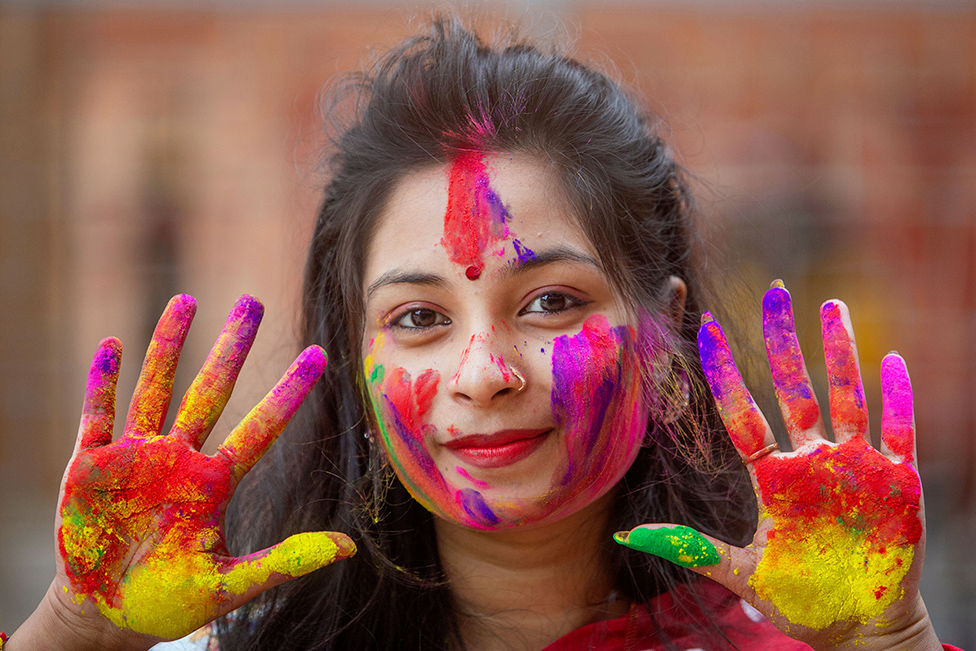
“Holi 2024: What you need to know about …” from www.bbc.com and used with no modifications.

“File:Holi is the festival of colour and …” from commons.wikimedia.org and used with no modifications.
The Moon Festival: Tales, Mooncakes, and Lanterns

“MID-AUTUMN MOON FESTIVAL – September 17 …” from nationaltoday.com and used with no modifications.
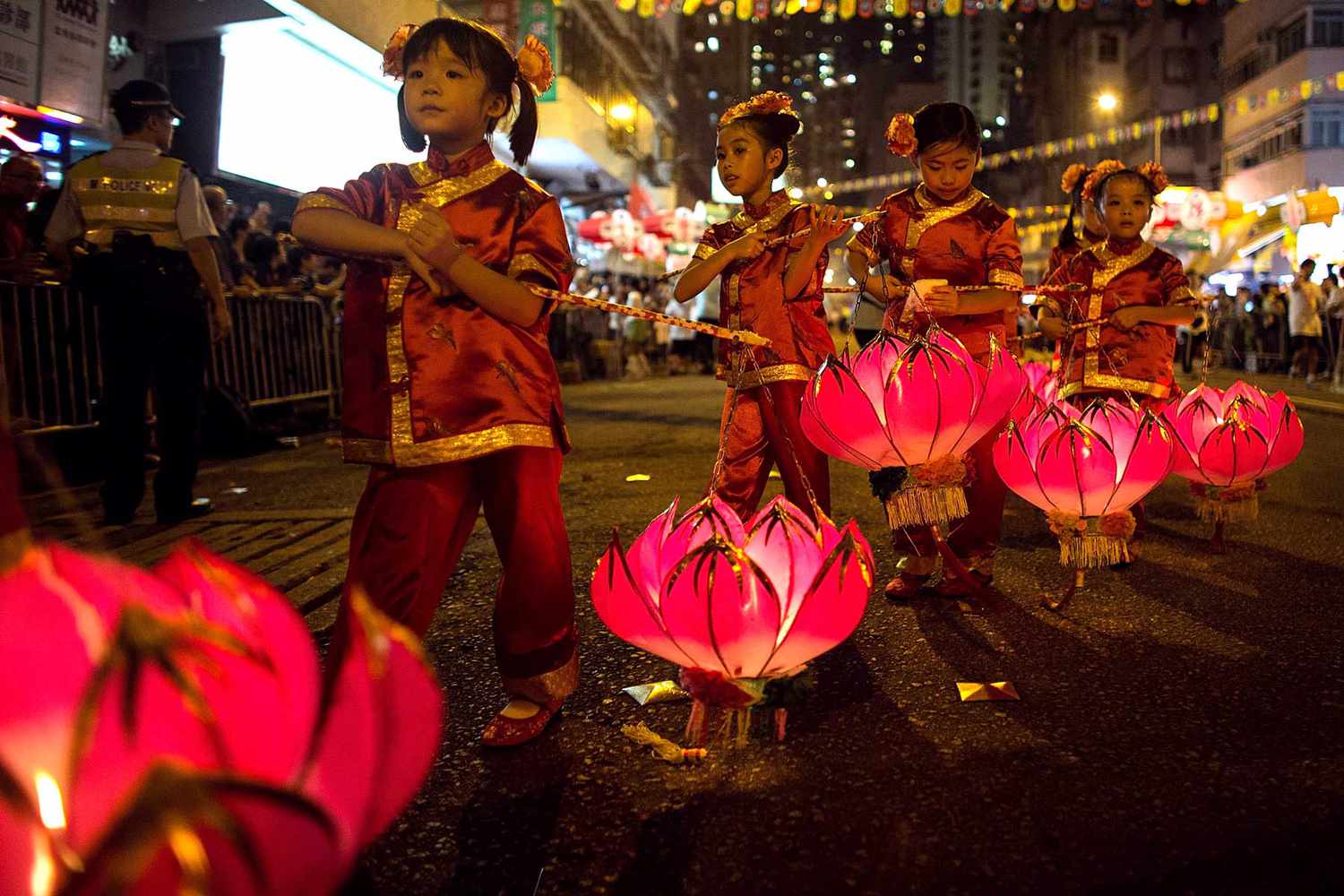
“Harvest Moon with the Mid-autumn festival” from www.travelandleisure.com and used with no modifications.
China, Vietnam, and other Asian countries celebrate the Mid-Autumn or Moon Festival. It’s a time when families gather to celebrate the full moon, which symbolizes unity and harmony. The activities often include making and sharing mooncakes, making lanterns, and telling stories about the importance of the moon in Asian culture. The Moon Festival is a great chance for families to spend quality time together, share tales, and appreciate the beauty of the night sky.
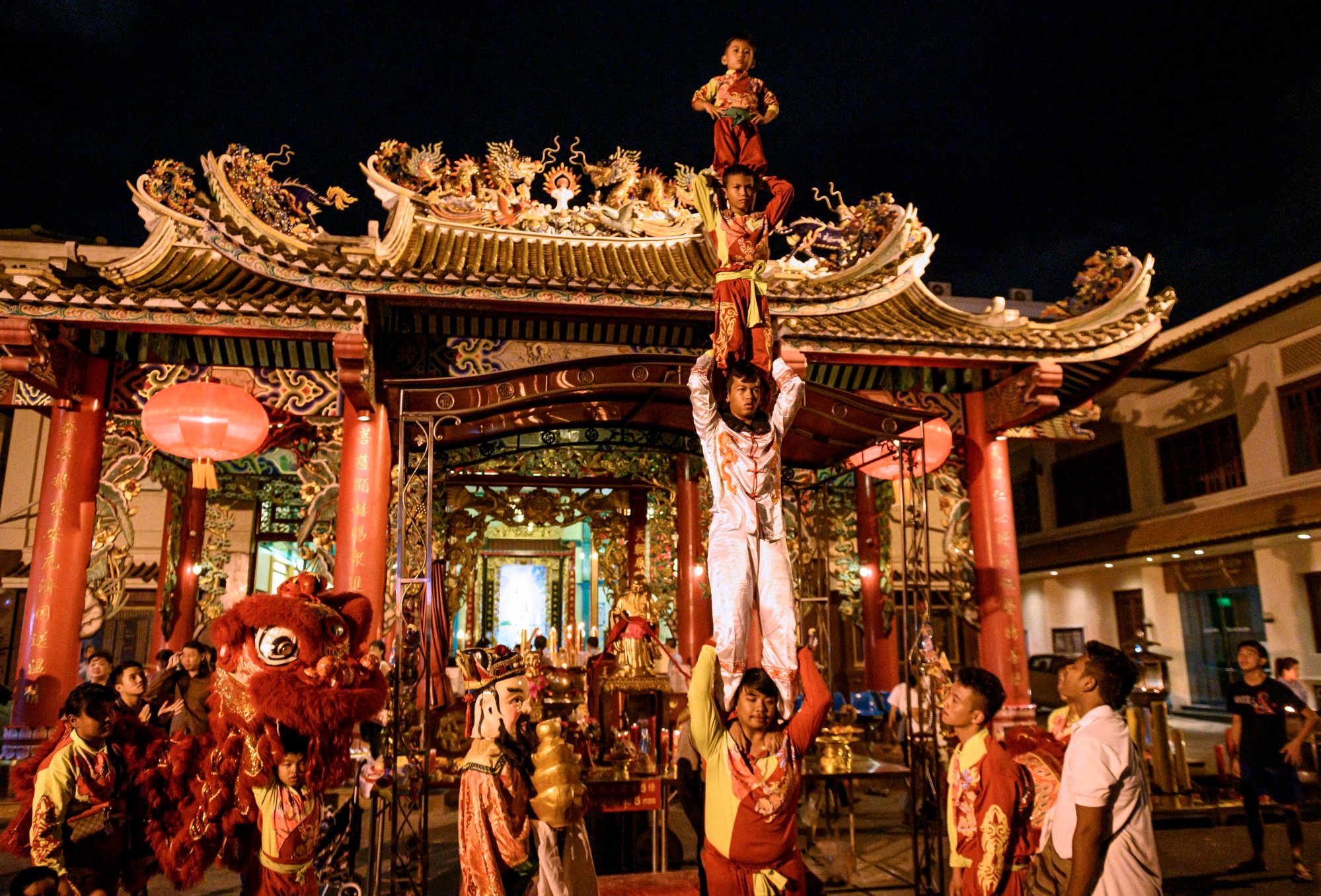
“Mid-Autumn Festival beyond China: how …” from www.scmp.com and used with no modifications.
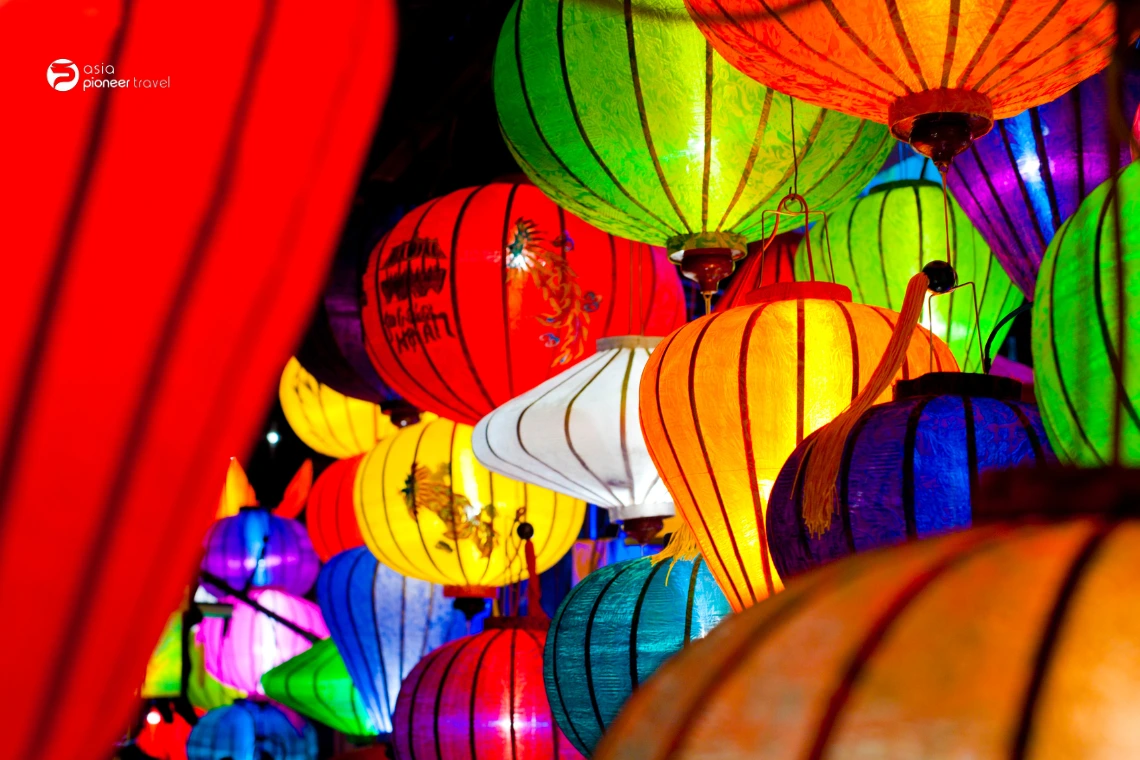
“Mid Autumn Festival In Vietnam …” from asiapioneertravel.com and used with no modifications.
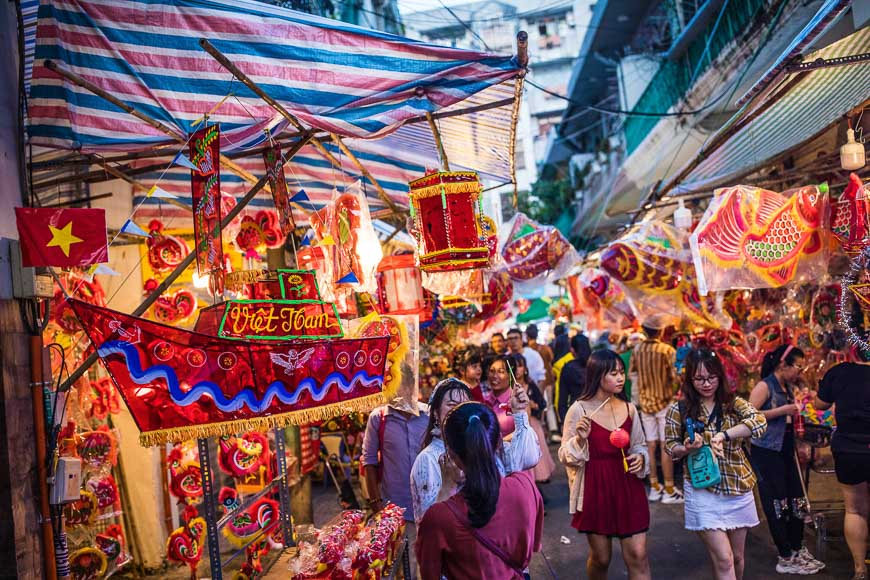
“Vietnam’s magical Mid-autumn Festival …” from vietnam.travel and used with no modifications.
What to Know Before You Go: Ensuring a Seamless Family Experience
Being prepared is essential to having a great time at any festival with your family. Here are some helpful hints to make sure your experience goes off without a hitch:
Look up the festival’s schedule ahead of time to organize your day around the activities your family is most excited about.
Make a packing list that includes necessities like water, snacks, sunscreen, hats, and a first-aid kit.
Talk to your kids about what the festival is and what they can anticipate to see and do.
Designate a meeting spot in case someone gets lost from the group.
Keep in mind, the aim is to have a fun and worry-free time. With a bit of planning, your family can get the most out of these enriching cultural experiences.
Ensuring Safety: Best Practices for Family Travel
While festivals are a time for enjoyment, safety should always be the first concern. Always keep an eye on your children, especially in large crowds. Teach them to stay close and what to do if they get lost. It’s also a good idea to have a plan for staying hydrated and protected from the sun or inclement weather. Lastly, ensure that your family is respectful of the local culture and traditions, as this will help ensure a warm welcome and a safe environment for all. For those considering travel to Asia, consider incorporating cultural experiences kids will love into your itinerary.
FAQs
What age is appropriate for Asian cultural festival tours?
Asian cultural festivals are generally suitable for all ages, but it’s always best to check the specific event details as some may have activities geared towards certain age groups. Most festivals offer a range of activities that appeal to both young children and teenagers.
What can I do to make sure my family has a genuine experience?
To make sure you have a genuine experience, interact with local storytellers, craftsmen, and entertainers. Try local cuisine, join in on workshops, and take the time to understand the cultural importance of the festival’s customs.
What are some traditions I should know about?
Some traditions include taking off shoes before entering certain spaces, dressing appropriately, and being respectful during ceremonies and performances. It’s always a good idea to watch and ask for help if you’re unsure.
What resources can I use to learn about the culture before the trip?
It’s a good idea to read books, watch documentaries, or visit websites about the culture of the festival before you go. This will help your family understand and appreciate the experiences they will have.
What can I do to get my kids involved in planning our trip to a cultural festival?
Get your kids involved by allowing them to help pick out which festival you’ll be going to, plan out the day’s events, and even choose some local dishes to sample. Encourage them to learn a few phrases in the local language or help create a craft that’s a part of the festival’s customs.




Leave a Reply